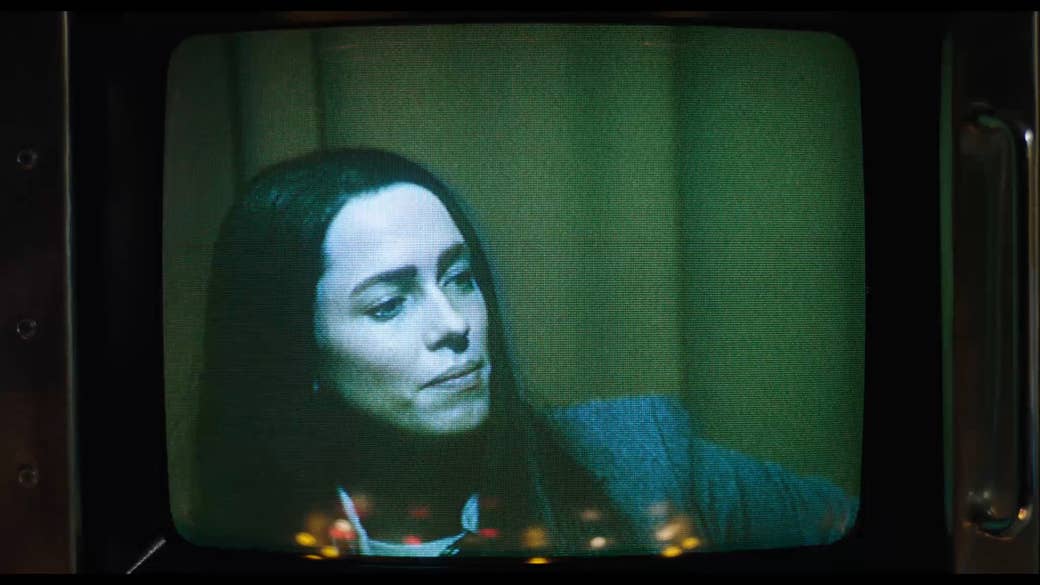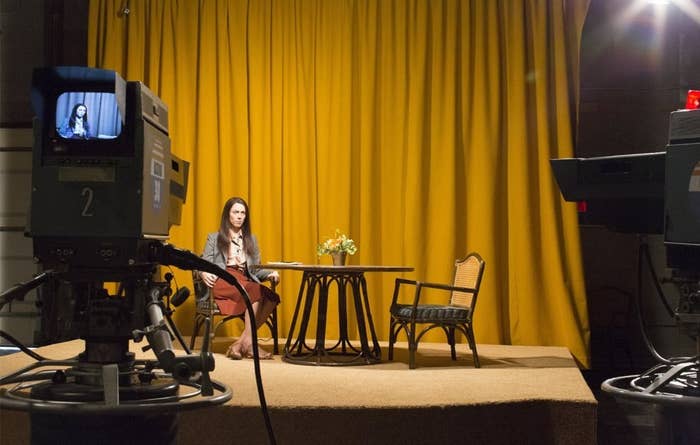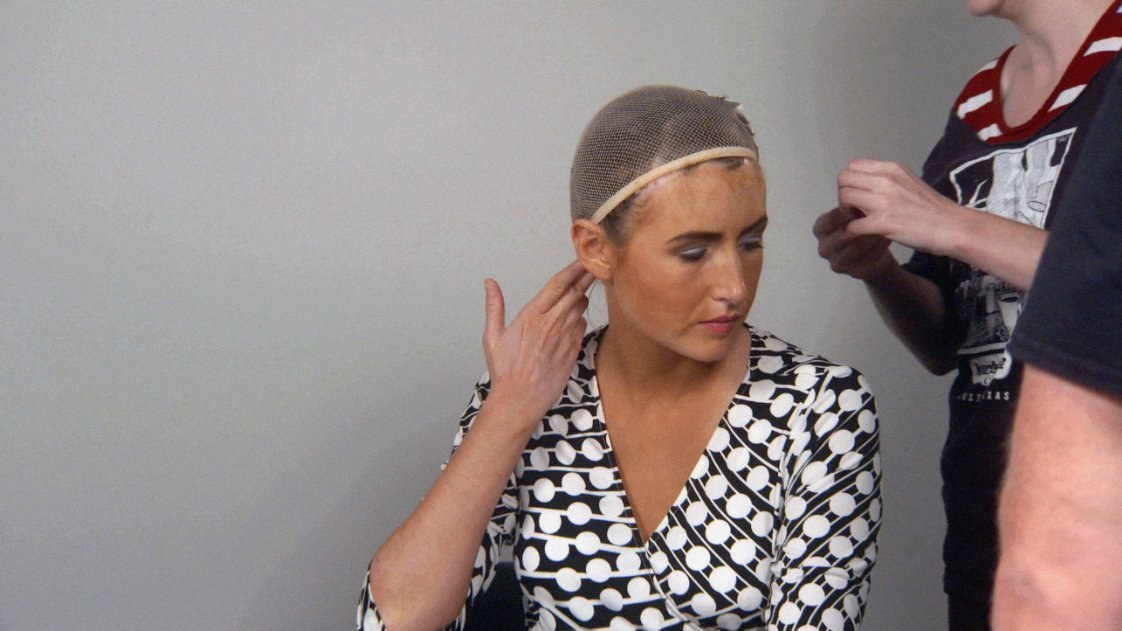
Christine Chubbuck was 29 when she died. She was a reporter at a Sarasota television station, where she handled community affairs news. She did puppet shows for children at a hospital. She had a hard time dating. She killed herself on air in 1974, pulling out a gun and shooting herself in the head after announcing, "In keeping with Channel 40's policy of bringing you the latest in 'blood and guts,' and in living color, you are going to see another first: attempted suicide."
It was an infamous event that seems more like the stuff of urban legend than reality. It was filmed, but the footage has never been released. People often cite it as an inspiration for the 1976 film Network, though that's not true — Chubbuck and Howard Beale are joined by an eerie coincidence in timing. But now, more than four decades later, Chubbuck has become the focus of two movies of her own. She's the uneasy talk of the Sundance Film Festival thanks to Christine, a scripted drama in which Rebecca Hall plays her, and the documentary Kate Plays Christine, which features actress Kate Lyn Sheil preparing for a similar role. They both have their provocative points, but together they add up to a fiery debate about our rubbernecking impulses and why we like to watch terrible things.

Christine comes from director Antonio Campos, whose two previous films have both been aggressively chilly, exquisitely composed portraits of psychologically detached young men, one of which, the Ezra Miller drama Afterschool, also centered around female deaths caught on video. This new movie, written by Craig Shilowich, is awash in the same formal dread, but Chubbuck is never in danger of hurting anyone but herself. Hall plays her as a self-conscious, ungainly figure who's uncomfortable in her own skin and who hides behind work. She yearns for connection but compulsively pushes people away when they reach out to her, whether it's her co-worker Jean (Maria Dizzia), her crush George (Michael C. Hall), or the mother (J. Smith-Cameron) with whom she shares a home.
In Christine, Chubbuck is tragic without being sympathetic, because the movie never tries to get inside her. It can't figure out how. Details of Chubbuck's life — from the pressure to find "juicier" ratings-friendly stories, to the illness that gives her limited time in which to have children — emerge as possible and reductive explanations for the end she's ricocheting toward rather than as windows into her character. She's pinned like a butterfly by her own unhappiness and by the event that has already defined her, though she doesn't know it yet. Despite Hall's gameness and the film's contrast of depression with Florida sun, Christine is excruciating, by design and in its very concept.

It also has a provocative pre-emptive argument against it in the razor-edged Kate Plays Christine, from documentarian Robert Greene. His last film, Actress, was about Brandy Burre, who retired to have a family after her big break starring in The Wire but who can't help but perform for the camera, even while playing herself. Kate Plays Christine features Kate Lyn Sheil, a prolific performer who's appeared in House of Cards, Sun Don't Shine, and a slew of other indies. She is pointedly an actor, a term she uses on the phone when talking to potential sources with information on Chubbuck. She treats her profession with the dedication and ethical rigorousness of a good investigative journalist, visiting locations from Chubbuck's life, talking to people who worked with her, and getting costumed and spray-tanned and bewigged in preparation for playing Chubbuck.
She's not making a separate movie. The Chubbuck she's embodying is seen only in the hybrid doc we're watching, observed in scenes that are scattered throughout the film and are more frequent toward the end, heightened re-creations of moments from the woman's last days. Sheil describes her process and how much of her personal experience gets transformed into a performance, the kind of thing that's often intolerably actorly to listen to but here becomes about finding the humanity and definition in someone whose life gets boiled down to one terrible moment. Kate Plays Christine is an exercise about storytelling, but it's also one about empathy and turning someone's life into a statement.
Is there a way of telling Chubbuck's story that doesn't reduce her to an act of public self-immolation? That's something Sheil and Greene keep exploring — the question of whether the footage of the suicide does still exist, whether it's something that can be tracked down, and whether it's something that should be. By the ending, which is more jarringly confrontational than everything that came before (and than necessary), the question seems beside the point. The most important one is what anyone would get out of seeing it.

